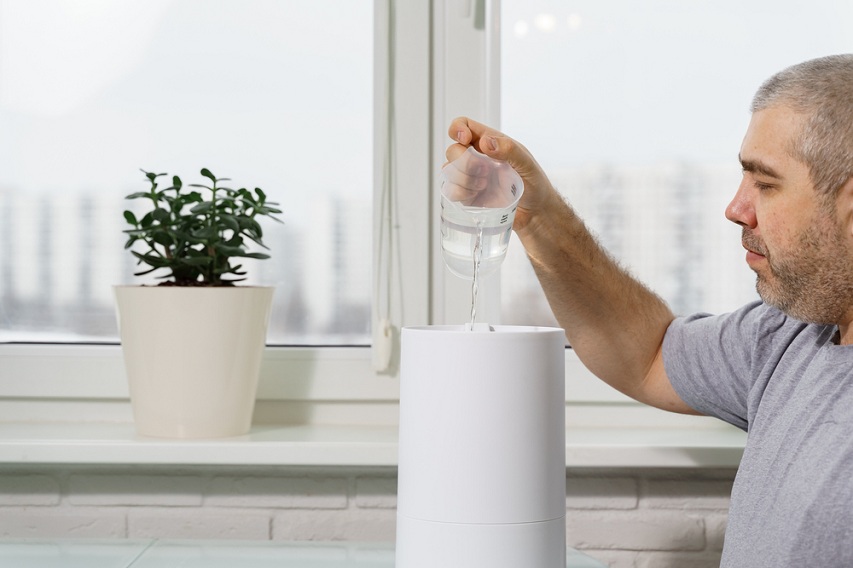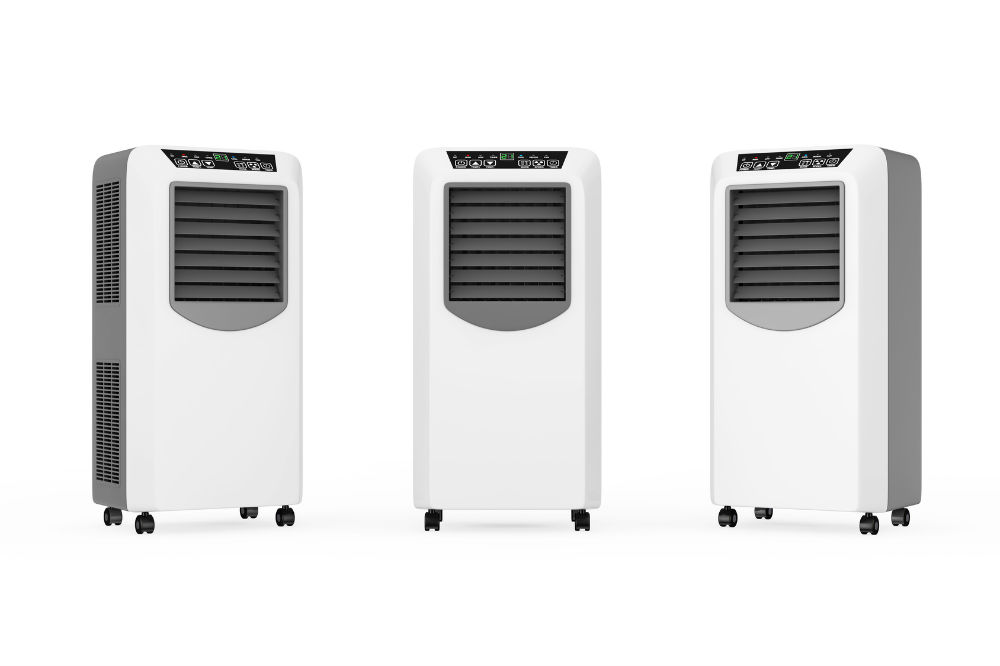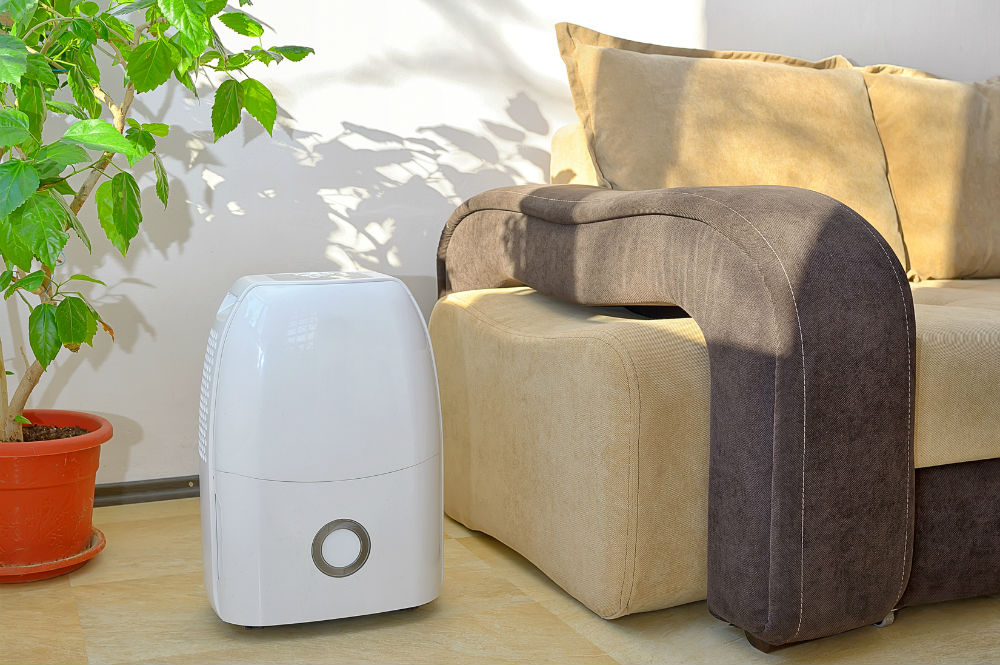Have you noticed that the air in your home feels dry and scratchy in your throat and lungs when breathing in?
If that happens, your house’s humidity level may be out of order, and you may experience a decrease in the amount of moisture inside the air.
Most home renovation specialists and trusted healthcare professionals recommend that the air in your house comprises about 50% relative humidity.
Too much moisture in the house may lead to health issues, but too little can be just as bad.
The right humidity levels in a home may help prevent colds and allergies and relieve dryness and other common skin ailments.
For example, humidity also affects the materials used to construct your house. Too much dryness in the air can cause wooden beams and furniture to crack or break, which could lead to reduced strength. It becomes brittle and easily snaps when pressure is applied. In addition, dryness increases the risk of fire.
Humidifiers help balance the moisture levels in your house.
There are different soy types to choose from, and they come with unique attributes. It can be overwhelming when choosing which type and model to use.
One of the major decisions you will need to make is whether or not you want an air filter in your humidifier – and if you do, what kind?
This short guide will cover everything you need to know to make this decision.
What Is A Humidifier?
Humidifiers are appliances used to regulate the relative humidity of your living space. The reasons for needing moisture correction could be structural, physical, or a combination of both.
Most humidifiers use a fan powered by batteries or electric power to disperse water particles into the atmosphere.
Different humidifiers exist, including cool mist humidifiers, warm mist humidifiers, and ultrasonic. They are available in many sizes, from portable small units to larger units installed directly into your home’s central air system.
Unfiltered Humidifiers
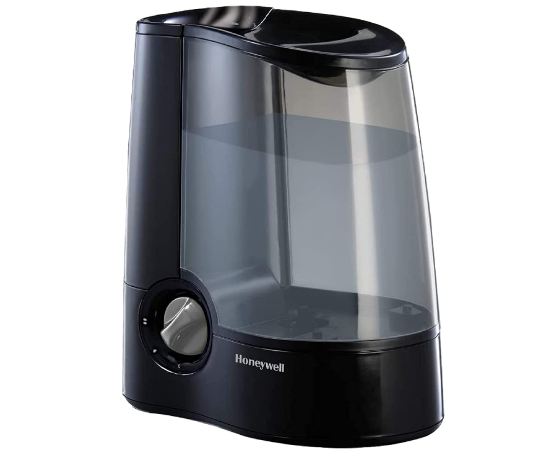
This humidifier is a system that doesn’t include an air filter to remove particles from incoming or outbound air flow. Since you don’t have to change or clean any filters, maintenance is easy and affordable.
Instead, unfiltered humidifiers rely on water filters, boiling water, or distilled water to eliminate germs, minerals, and allergens from the water before releasing it into the air. Because the water has been cleaned ahead of time, there is no need to rely on an air filter.
Some filterless humidifiers use demineralization cartridges, which are like little chemical filters that neutralize minerals in your tap water. These are cheap and easy to replace.
Pros
No Air Filter Replacement or Cleaning
All types of humidifiers require regular maintenance from their owners. You need to clean the machine parts where water is stored, the elements that don’t hold water, and the vents through which water enters the air.
Eliminating the need to clean or replace air filters is the most significant single benefit of a filterless system. Replacement filters often need changing every 1-3 months and cost as much as \$100 each.
No Noise
Humidifiers without filters are typically quieter because many don’t have fans. These are perfect to use inside the nursery, bedroom, and even offices.
Cons
Risk Of Bacteria And Allergens Entering The Air
The primary purpose of an air filter is to eliminate harmful bacteria and allergens from entering or recirculating your room.
Without a filter, you risk breathing in harmful bacteria, which could cause serious health issues for you and your family. In addition, if you already suffer from respiratory difficulties, using an un-filtered humidifier may worsen your condition.
More Complex Water Processing = More Maintenance
Most humidifiers without filters rely on water purification systems that help reduce germs and allergens entering your home. It follows that additional upkeep and cleaning on the device are required.
Directions for cleaning should be included with your unit, so you don’t need to take it apart to clean it. If you’re using a humidifier, you may need to buy a special disinfectant or make a cleaning solution just for your humidifier.
Filtered Humidifiers
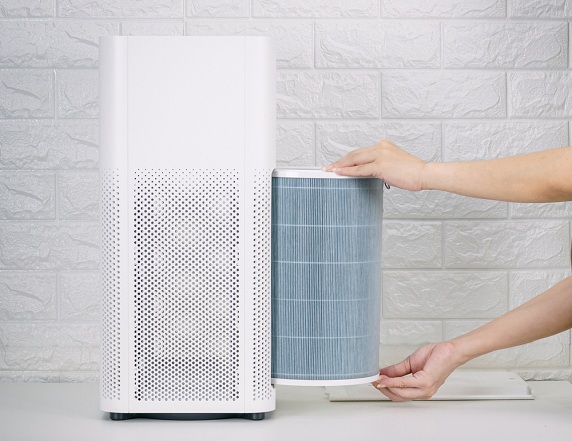
A filtered humidifier only releases moisture into the air after passing through a filter to remove any harmful mites, germs, or allergens.
Humidifiers with filters remove dust particles and bacteria from the air as it flows through them. This helps prevent colds and flu viruses from spreading easily.
Filters are needed in humidifiers that use warm mist. Warm mist humidifiers work best in areas where temperatures are consistently above 65 degrees Fahrenheit.
If you want a humidifier that uses evaporation, you’ll need to buy one without filters. Evaporative humidifiers work well in places with lower humidity levels. You can also use these units in warmer climates.
Pros
Removes Allergens And Bacteria
If you currently suffer from respiratory problems, such as allergies, or skin conditions like acne, you know that certain bacteria or allergens can trigger an attack or worsen your condition. Using a filter reduces airborne particles from entering the air. They’ll help you get the most out of your humidifier rather than leave you regretting your purchase later.
Those who lead a healthy lifestyle know that their homes are always the cleanest, no matter what appliances are used.
Cons
Filter Replacement Can Get Expensive
If you need to replace a filter every few months, it can get expensive and annoying. The irritation factor is having to buy this filter, change the filter, and dispose of the filter.
The price factor is how expensive this filter is. Depending on the manufacturer, unit type, and design, the filter could cost between $20 and $100 per time.
Noisier Than An Unfiltered Humidifier
Due to the backpressure created by adding an air filter, filtered humidifiers require more powerful fans, making them noisier than filterless units.
How To Make Your Decision

The surprising truth about humidifiers is that you probably don’t need one with an air filter requiring constant cleaning and/or replacement. Most models are warm mist units that don’t rely on them.
If you live in an area where hard water is common, consider investing in a warm mist humidifier that uses demineralization cartridges instead.
Conclusion
After reading this guide, you should be able to determine if you need a humidifier with or without an air filter. With this knowledge, you can now wisely decide which option offers you and your family the most significant benefit.
You won’t just be helping yourself live a healthier lifestyle; you can also breathe easier knowing that your family’s house isn’t damaged by dry air.
Always choose a field-proven model from a brand you can trust when buying a humidifier. Humidifiers and air filters can be expensive, so look for ones that offer all the features and options you might need for all the rooms you’d ever use them in.
Look up the warranty period, repair or replace policies, and even the warranties offered at the store where you purchased your humidifier.
Make sure to follow the manufacturer’s instructions when using a humidifier. Too much moisture in the air can be just as harmful as not enough. So what about you? Which do you prefer: no filter or filter?
Let’s discuss this in the comments below!
I’m a degreed ME (mechanical engineer) who is passionate about machines of all kinds. I created MachineWonders.com as a way to connect with others who love machines like me – or need help choosing one for their needs, application, or situation.

